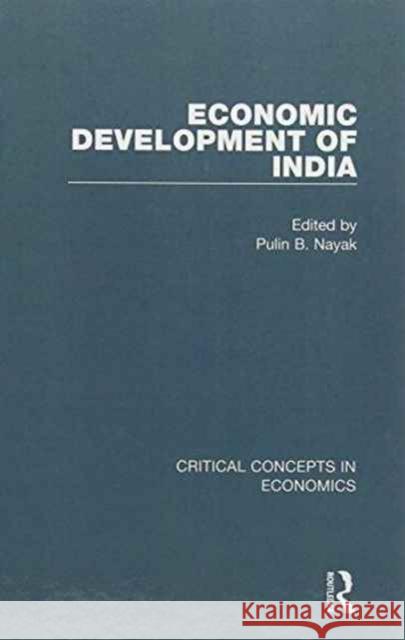Economic Development of India » książka
Economic Development of India
ISBN-13: 9780415824705 / Angielski / Twarda / 2015 / 1752 str.
The development experience of India has been a matter of much interest in recent years. India is home to a sixth of the world s population, and about a third of the country is acknowledged to be living below the officially determined poverty line. After more than six decades of planned economic development the levels of achievement in education and health are poor. After three and a half decades of moderate growth following India s Independence in 1947, a period characterised by centralized planning, the pace picked up in the 1980s with some opening up of the economy. It gathered further momentum after the introduction of market oriented liberalization and significant economic reforms in 1991, and in the past decade the overall growth rate of the economy has been extremely impressive. It is however important to emphasize that it is not just high growth per se but growth along with equity or distributive justice that needs to be seriously addressed.
This collection presents some of the historical material on development issues in the Indian context going back about a hundred years, from Gandhi s economic formulations to Nehru s ideas, substantially different on issues such as the agriculture versus industry debate and the relative roles of the public and private sectors. After India gained independence in 1947 the issue of economic development assumed centre stage in national policy making. Indeed one might even say that India was the laboratory where many of the significant new hypotheses or theories on economic development have been tested.
"











